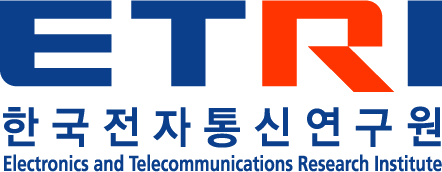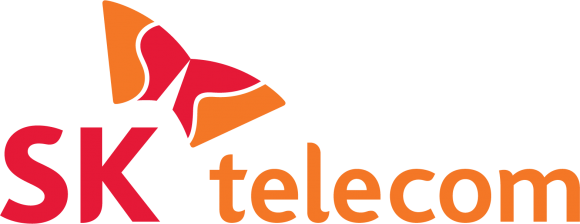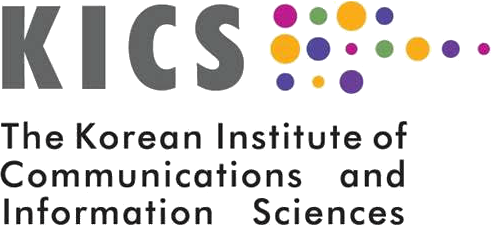Workshop on Emerging Terahertz Technologies for Future Wireless Systems
SCOPE AND TOPICS OF THE WORKSHOP
With the start of commercial deployments of 5G communication systems, many people are wondering what is going to happen with 5G and whether 5G will be able to create meaningful business impacts. Those include the provisioning of new media experiences such as augmented reality (AR) and virtual reality (VR) over mobile networks, the support of new vertical services such as connected vehicles and smart factories, etc. While the mobile industry is mainly focusing on the realization of 5G technologies, we can see that initial consideration about the next generation of mobile communication beyond 5G, i.e., 6G, is already happening. Considering the general trend of introducing new services with higher requirements over different generations of communication systems, 6G would need to support much higher data rate and much lower latency than 5G. While more studies are needed to define proper requirements for 6G, initial investigation already suggests rough estimates such as 1 Tbps peak rate, 10 Gbps user-experienced data rate, and 0.1 ms air latency.
Use of terahertz (THz) spectrum, i.e., from 100 GHz to 3,000 GHz, is getting much attention as a way to provide the data rate of up to 1 Tbps. For example, in March 2019, Federal Communications Commission (FCC) opened the spectrum between 95 GHz and 3,000 GHz for experimental use and unlicensed applications to encourage the development of new wireless communication technologies. Moreover, 5G New Radio (NR) standard developed by 3rd generation partnership project (3GPP) is expected to be extended for application for bands between 52.6 GHz and 114.25 GHz.
There are several hurdles that need to be overcome in order to utilize terahertz spectrum: severe path loss, atmospheric absorption, inefficiency of radio frequency (RF) devices such as power amplifier, switch, and mixer, and development of efficient high-speed analog-to-digital converters (ADCs). With this workshop, we aim to bring together leading researchers of the field, both from academia and industry, to share their recent findings and views on technical challenges in utilizing terahertz spectrum. In addition, the workshop will also address terahertz channel modeling as well as key technologies such as waveform, MIMO, channel coding, modulation, multiple access scheme etc. that are essential to develop efficient communication systems for terahertz spectrum. Challenges and key technologies for extending 5G NR standard to the higher frequency spectrum can also be discussed.
For more infomation: https://sites.google.com/view/tera-wcnc2020/home








